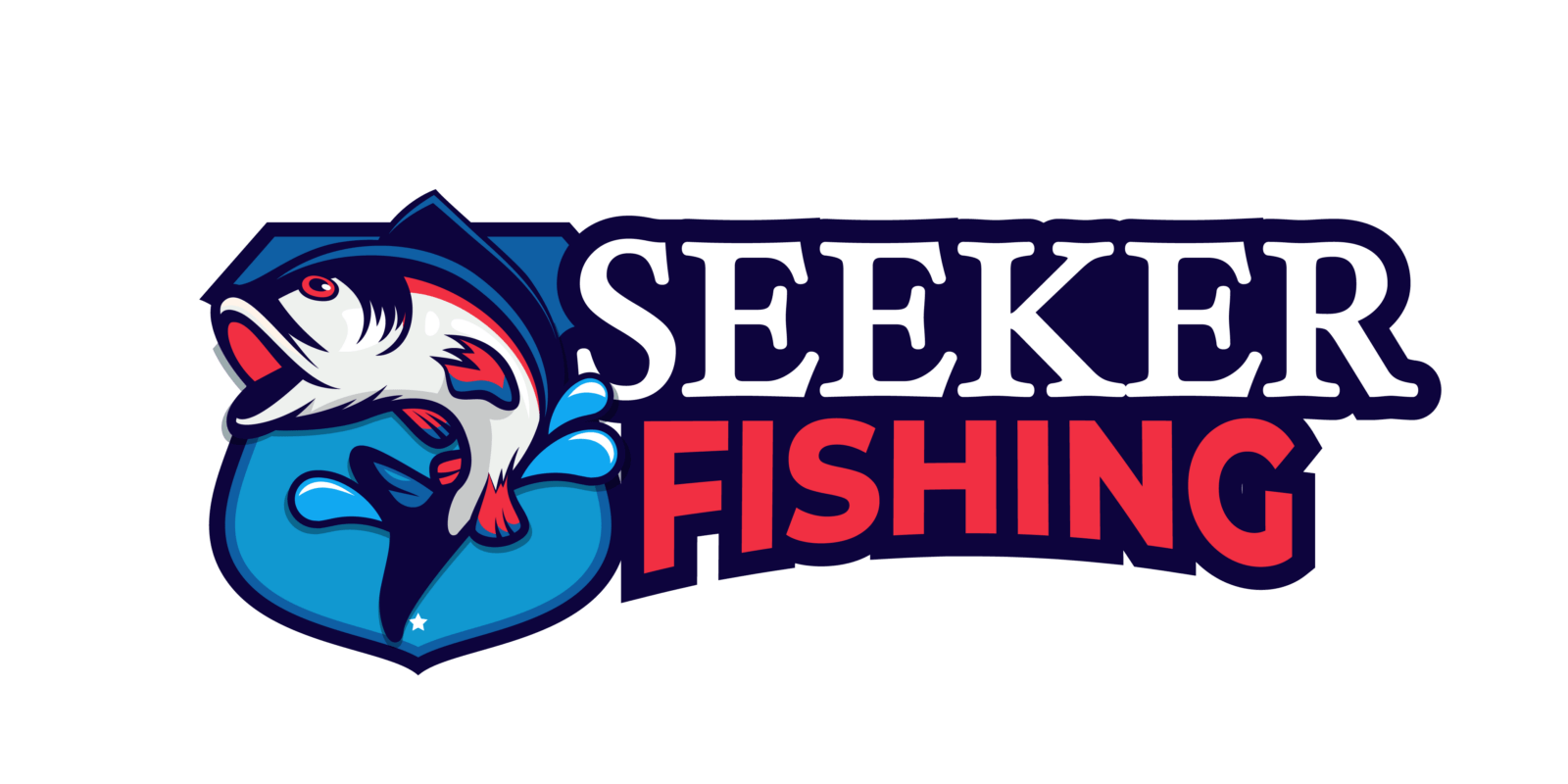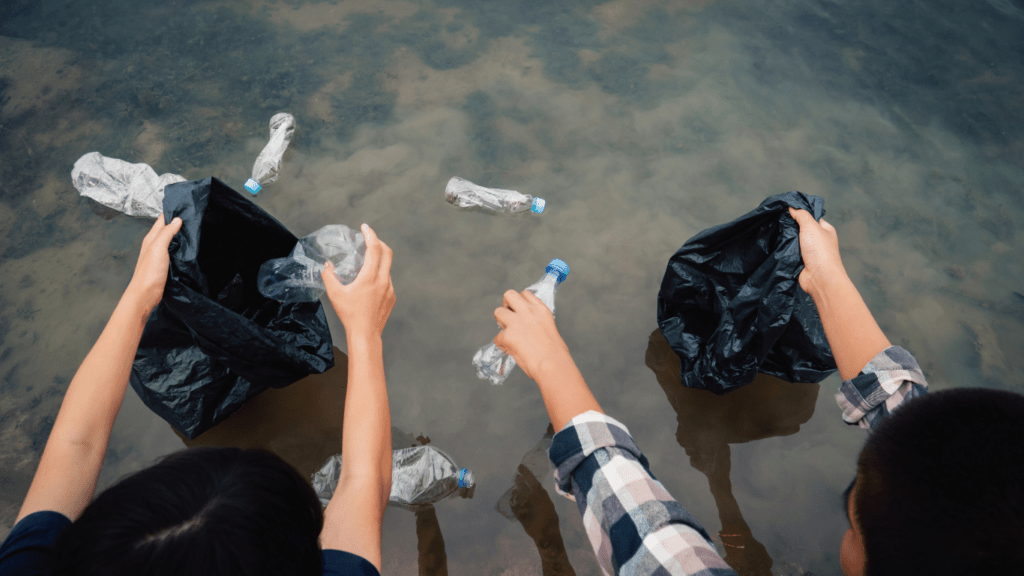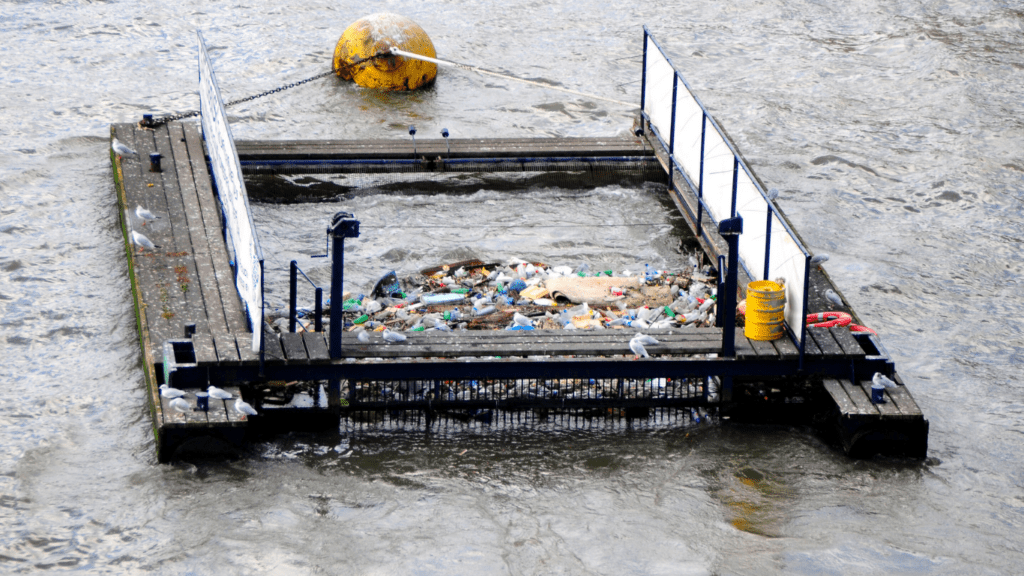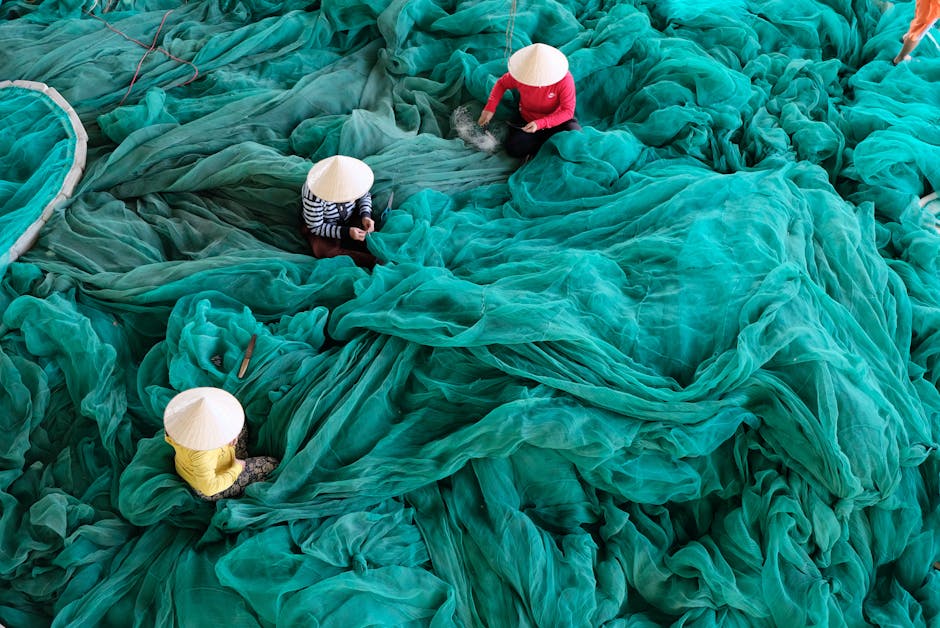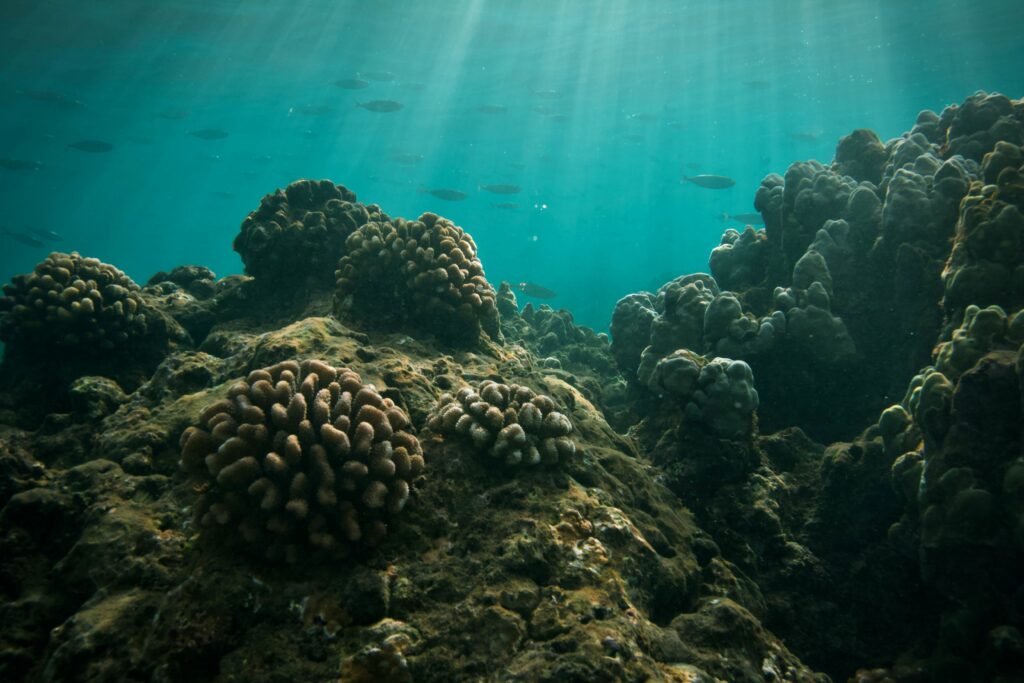As someone who loves spending time by the water, I know how vital rivers and lakes are—not just for recreation but for the ecosystems they support. These freshwater habitats are lifelines for countless species, yet they face mounting threats from pollution, overuse, and climate change. It’s easy to feel overwhelmed, but the truth is, each of us can play a role in protecting these precious resources.
For freshwater anglers like me, the connection to rivers and lakes runs deep. Every cast of the line offers an opportunity to appreciate nature’s beauty and reflect on how we can give back. By adopting sustainable practices and advocating for conservation, anglers can make a meaningful impact on the health of these ecosystems. It’s not just about preserving the sport we love—it’s about ensuring these waters thrive for generations to come. Let’s explore how we can make a difference.
The Importance Of River And Lake Conservation
Rivers and lakes are essential for biodiversity, as they support countless species like:
- fish
- amphibians
- birds
- plants
Wetlands connected to these freshwater systems provide breeding and feeding grounds for wildlife, ensuring ecosystem balance. Healthy rivers and lakes also act as natural filters, improving water quality by trapping sediments and pollutants.
These freshwater systems are crucial for human survival, offering drinking water, agriculture support, and energy generation. In the U.S. alone, over 117 million people rely on surface water for daily use. Recreational activities like fishing, boating, and swimming also depend on clean, well-maintained freshwater bodies.
Threats to rivers and lakes, such as industrial discharge, agricultural runoff, habitat destruction, and climate change, degrade these ecosystems. For example, excess nutrients from fertilizers often lead to algal blooms that deplete oxygen, endangering aquatic life. These impacts reduce biodiversity and limit the availability of clean water.
Conserving rivers and lakes protects both ecosystems and communities. Establishing buffer zones, reducing waste discharge, and adopting sustainable water use practices can mitigate these threats. Anglers play a significant role by advocating for stricter conservation policies and participating in habitat restoration projects. When we work towards maintaining these vital ecosystems, we safeguard resources for the environment and future generations.
The Role Of Freshwater Anglers In Conservation
Freshwater anglers can influence conservation efforts by practicing sustainable methods, understanding local ecosystems, and advocating for healthy aquatic environments.
Promoting Sustainable Fishing Practices
Practicing catch-and-release methods protects fish populations. Using barbless hooks minimizes injury while handling fish with wet hands reduces stress and protects scales. Following local fishing regulations helps maintain species balance by respecting size limits and seasonal restrictions.
Properly disposing of fishing line and gear prevents pollution. Lost line can entangle wildlife, while improper gear disposal introduces harmful materials into ecosystems. Carrying reusable containers and avoiding plastic packaging limits waste near water bodies.
Understanding Local Ecosystems
Familiarity with local water conditions ensures responsible angling. Observing water quality, vegetation, and aquatic life offers insights into overall ecosystem health. For instance, noting changes like reduced clarity or unusual algae growth can signal environmental stressors.
Supporting citizen science programs contributes to conservation data. Participating in fish surveys, water testing, or invasive species monitoring provides valuable insights for researchers and policymakers. Valuing local biodiversity strengthens the connection between anglers and the habitats they depend on.
Practical Steps Anglers Can Take To Protect Freshwater Ecosystems

Freshwater anglers play a key role in safeguarding rivers and lakes. By adopting sustainable habits and participating in conservation activities, I can directly contribute to preserving these critical habitats.
Reducing Pollution And Litter
Minimizing pollution begins with handling waste responsibly. I always pack out all trash, including fishing line, bait containers, and other debris, to ensure nothing contaminates the water. Properly recycling old fishing line prevents harm to aquatic life. Using eco-friendly gear, like lead-free tackle, reduces toxic heavy metals in the environment. When cleaning my equipment, I avoid harsh chemicals that could enter waterways through runoff.
Engaging In Habitat Restoration
Participating in habitat restoration efforts improves freshwater ecosystems. I volunteer in activities like planting native vegetation along riverbanks to stabilize soil and create buffer zones, which filter pollutants before they enter water bodies. Joining fish habitat improvement projects, such as installing reef structures or removing invasive species, directly supports aquatic biodiversity. These efforts provide tangible benefits for angling and overall ecosystem health.
Supporting Conservation Organizations
Partnering with conservation groups amplifies my impact. By donating or fundraising, I help organizations fund critical research and conservation projects. Joining educational events raises awareness about freshwater threats within the community. I also advocate for protective policies by engaging in campaigns led by groups like Trout Unlimited and The Nature Conservancy, which focus on waterway preservation.
Challenges And Opportunities In Conservation Efforts
Conservation efforts for rivers and lakes present specific challenges but also offer unique opportunities for anglers. Understanding these factors allows anglers like me to contribute more effectively to freshwater preservation.
Common Obstacles Faced By Anglers
Limited awareness about conservation laws often prevents anglers from fully supporting preservation initiatives. For instance, regulations on water usage or fishing limits might not be well-communicated.
Habitat degradation, caused by development and agricultural runoff, reduces fish populations and threatens biodiversity. Pollution from litter, chemicals, and microplastics further complicates restoration efforts.
Access restrictions to certain water bodies limit opportunities for participation in conservation-related activities. This is especially true in privately-owned areas or regions under governmental control.
Leveraging Community And Technology
Community collaborations amplify conservation efforts. Joining local angler groups or environmental organizations builds collective action toward preserving water ecosystems. For example, coordinated cleanup days significantly reduce litter in rivers and lakes.
Technology supports real-time monitoring of water quality through mobile apps and digital tools. These platforms allow me to report pollution quickly and contribute data for conservation programs. Social media also helps raise awareness and mobilize larger audiences for river and lake preservation initiatives.
Success Stories Of Anglers Making A Difference
Many freshwater anglers have actively contributed to conservation efforts, showcasing the potential for individuals to initiate meaningful change. Their achievements highlight the impact of dedication and sustainable practices on preserving aquatic ecosystems.
1. Rehabilitating Fish Habitats in Texas
A group of local anglers in Texas worked together to restore degraded fish habitats in Travis Lake. By collaborating with biologists, they created artificial structures using environmentally safe materials, improving spawning areas for bass and panfish. This effort resulted in increased fish populations observed over two years, benefiting both the environment and the fishing community.
2. Removing Pollution in Montana Rivers
Anglers in Montana took initiative to organize clean-up drives along the Bitterroot and Clark Fork Rivers. Volunteers removed over 3,800 pounds of waste, including discarded fishing gear and plastic debris. Their actions not only improved water quality but also prevented harm to aquatic species.
3. Promoting Catch-and-Release in Florida
A prominent angler in Florida spearheaded a campaign advocating for responsible catch-and-release practices for tarpon populations. Through workshops and social media outreach, the campaign educated over 25,000 anglers on techniques that reduce fish mortality. These efforts have supported the tarpon fishery, a vital part of the state’s ecosystem and economy.
4. Restoring Aquatic Vegetation in Wisconsin Lakes
In Wisconsin, anglers partnered with conservationists to reintroduce native aquatic plants in Lake Winnebago. Planting sessions focused on rebuilding areas impacted by invasive species. The project led to improved water clarity and healthier fish habitats, increasing biodiversity within the lake.
5. Supporting Scientific Research in California
Anglers in California volunteered for citizen science projects aimed at monitoring fish populations in the Sacramento River. They collected data on salmon migrations, which helped researchers identify critical threats to the species. This information guided policy decisions to protect spawning areas during drought conditions.
These examples underline the significant role anglers can play in river and lake conservation when engaging with communities and employing sustainable actions.
